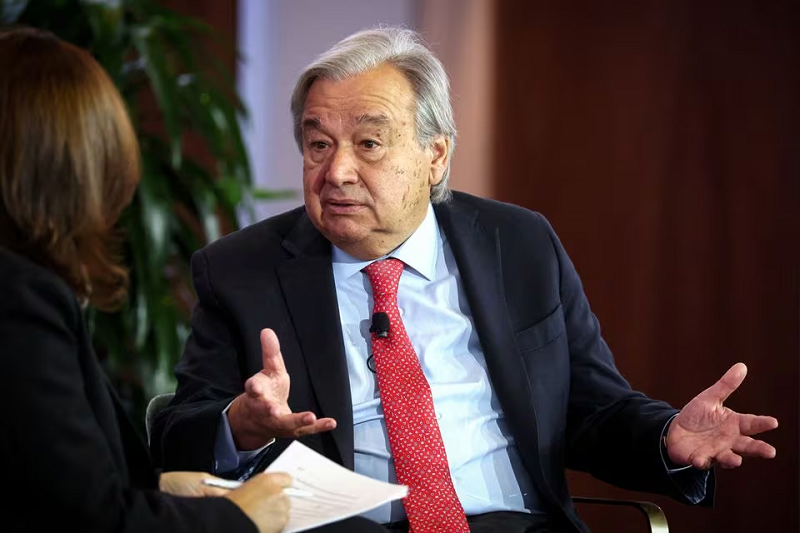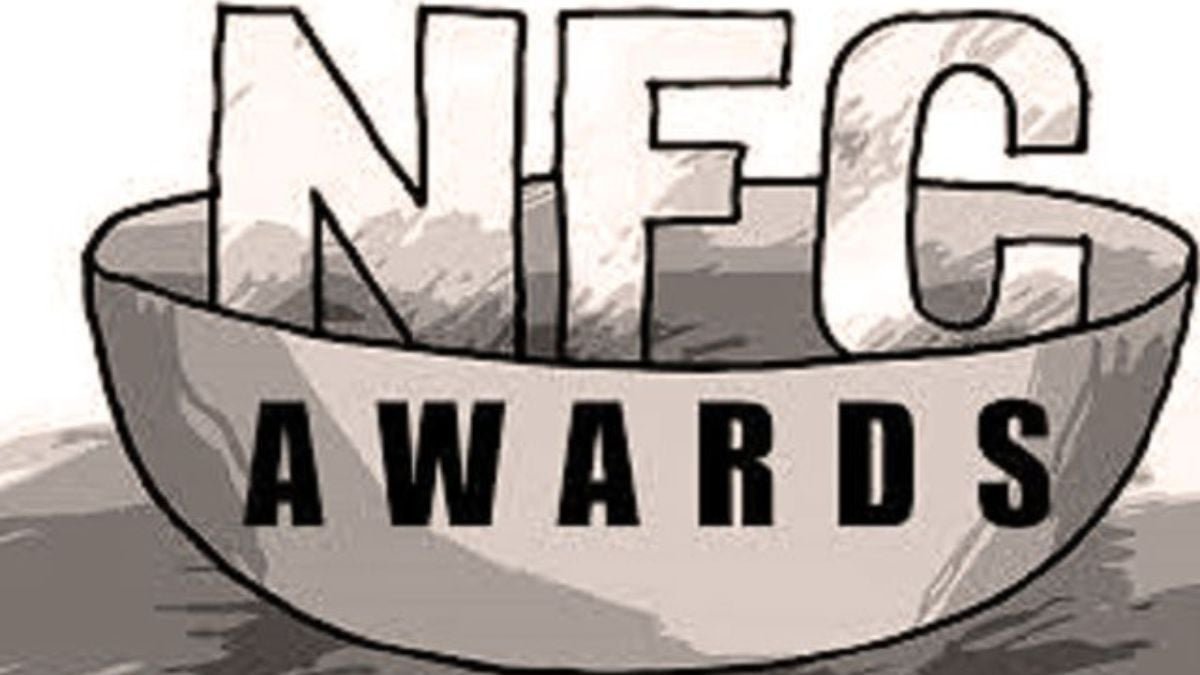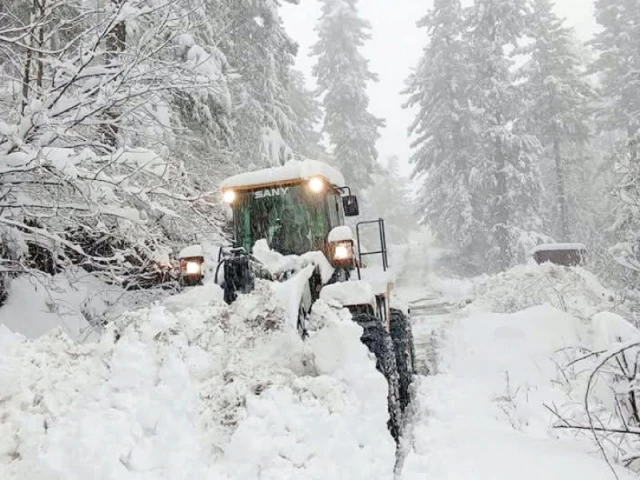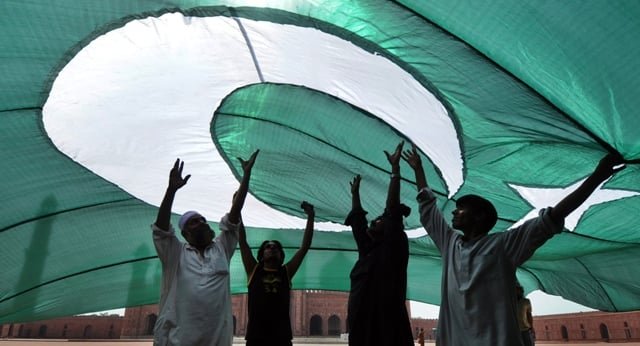Understanding the Humanitarian Crisis in Gaza: A Call for Compassion and Action
The situation in Gaza has reached alarming levels, and it’s hard to watch without feeling an overwhelming sense of urgency. Recently, United Nations Secretary-General Antonio Guterres made headlines with his stark assessment: a US-backed aid operation in Gaza is "inherently unsafe" and, alarmingly, "is killing people." This statement underscores the ongoing struggle to provide essential aid to those who need it most.
At the heart of this crisis is a clash of ideologies regarding aid distribution. While Israel and the United States are pushing for the involvement of the new Gaza Humanitarian Foundation, the UN raises valid concerns about its neutrality. They argue that its operational model could lead to the militarization of aid and forced displacements, compromising the safety of those it aims to help.
Guterres has pointed out that UN-led efforts are being "strangled," meaning that resources and support are dwindling. This is not just a logistical issue; it’s a humanitarian catastrophe where aid workers themselves are facing dire conditions. As the occupying power, there is a moral and legal responsibility on Israel to facilitate the flow of aid into Gaza—something that has not been happening effectively.
Here’s where empathy becomes crucial. We’re talking about individuals who are just trying to feed their families. The urgent message from Guterres is clear: "The search for food must never be a death sentence." It’s time for decision-makers to gather the political courage needed to initiate a ceasefire in Gaza, allowing the necessary aid to reach those under siege.
This situation affects real people, and it’s up to all of us to advocate for change. Whether it’s through raising awareness, donating to credible organizations, or simply engaging in discussions about humanitarian rights, each action contributes to the broader narrative.
As we navigate these complex issues, it’s vital to stand in solidarity with those who are suffering. If you’d like to explore ways to get involved or learn more about humanitarian efforts, consider connecting with Pro21st. Together, we can make a difference.





